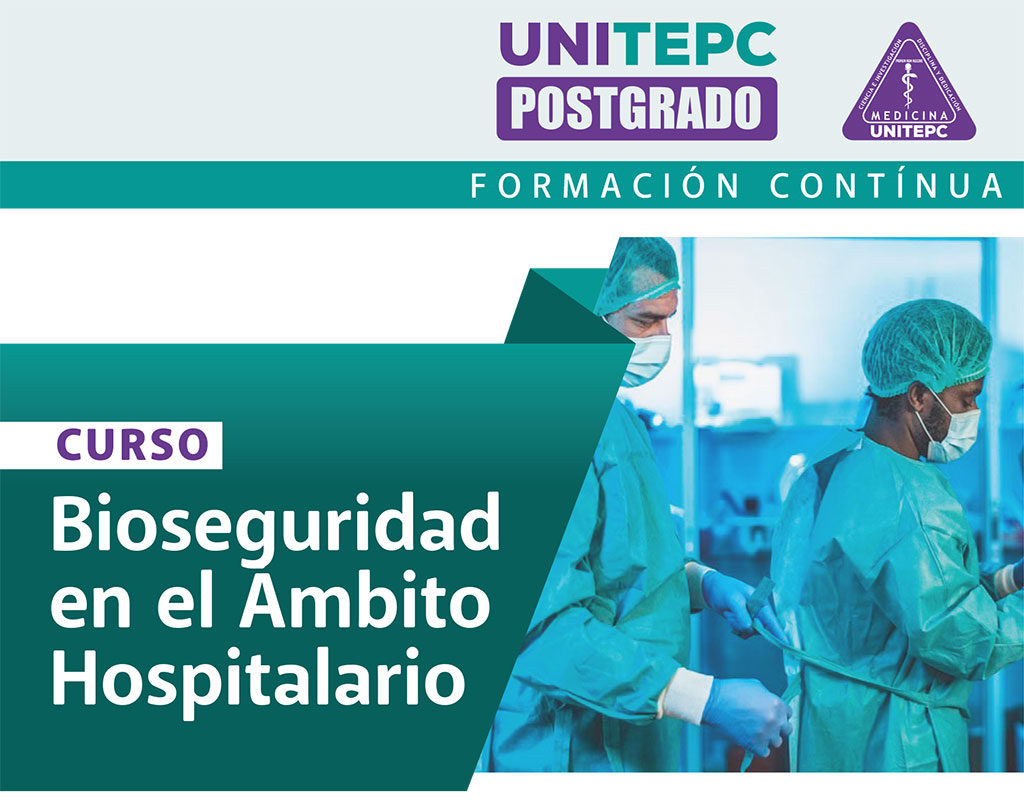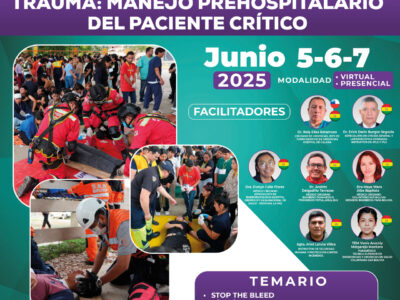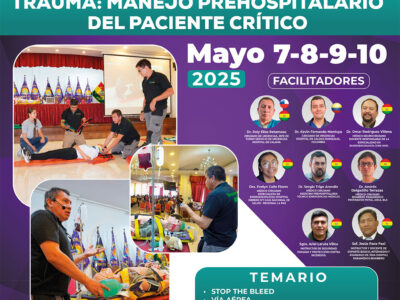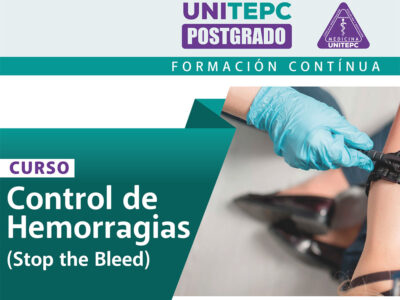- Summary
The course is designed to offer healthcare professionals comprehensive and up-to-date training in the principles and practices of biosecurity in hospital settings. Through a methodology that combines theory with interactive practices, participants will develop the skills necessary to prevent infections, properly manage biological waste, and effectively use personal protective equipment (PPE).
Attendees will learn about the importance of biosecurity in healthcare, exploring key topics such as asepsis, antisepsis, and current regulations governing hospital practice. Best practices for minimizing the risk of infection will be addressed, as well as strategies for identifying and responding to risk situations in the clinical environment.
The course will also include practical sessions where participants will be able to apply what they have learned in realistic simulations, strengthening their ability to implement biosafety protocols in their daily lives. In addition, the safe handling of hazardous materials and the correct disposal of waste will be discussed, emphasizing the ethical and legal responsibility of health personnel in the protection of public health.
- General competence
Systematically applies biosecurity measures and procedures in the hospital environment to prevent the transmission of infections and other biological risks, guaranteeing the safety of patients, healthcare personnel and the environment, with ethical commitment and social sensitivity.
- Course Content
- Fundamental Pillars of Biosecurity
- Biological Risks in the Hospital
- Infection Prevention and Control Measures
- Personal Protective Equipment (PPE)
- Biological Waste Management
- Cleaning and Disinfection
- Protocols for Biological Accidents
- Legal and Ethical Regulations
- Course Benefits
- Comprehensive Development: Deep understanding of principles and practices applicable to biosecurity
- Effective Prevention: Strategies to prevent healthcare-associated infections and safe management of
- Regulatory Compliance: Knowledge https://www.deltamateind.com/hris/ of current regulations that ensure alignment with industry best practices.
- Organizational Culture: Promotion of a culture that prioritizes biosecurity, raising awareness among staff about safe behaviors.
- Why choose this course?
- Certification: Upon completion of the course, participants will receive a certificate that endorses their training.
- Practical methodology: Approach based on real clinical cases that allow the application of acquired knowledge in a safe and controlled environment provided by clinical simulation.
- Flexibility: Semi-attendance modality that adapts to the needs of medical professionals
- Format and Duration Semi-attendance Modality :
- Online classes: Asynchronous material and synchronous sessions to solve
- Practical workshops: Simulations of real cases in environments
- Total duration: 20 hours distributed in 2
- Virtual Sessions: Friday, April 11th and Wednesday, April 16th from 7:00 PM to 10:00 PM
- In-person sessions: Saturday, April 12 and 19, from 8:30 a.m. to 12:30 p.m.
Características del curso
- Conferencias 0
- Cuestionarios 0
- Duración 10 semanas
- Nivel de habilidad Todos los niveles
- Idioma Inglés
- Estudiantes 0
- Evaluaciones Si






